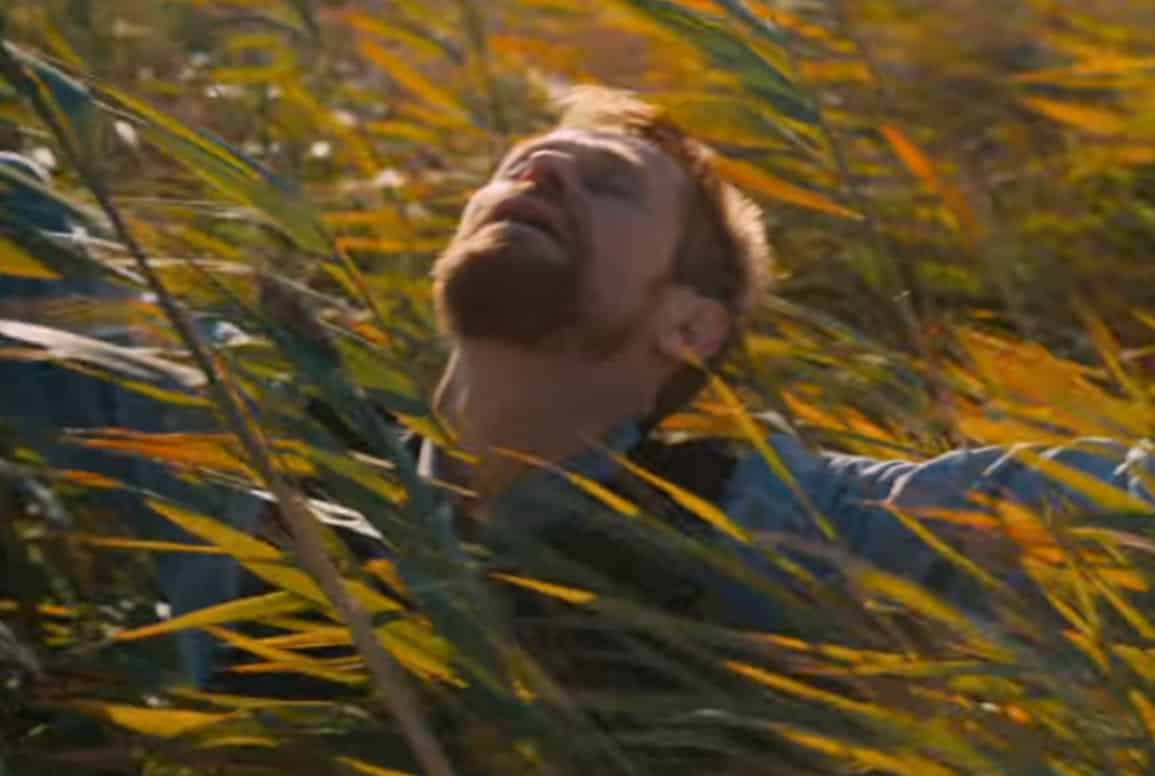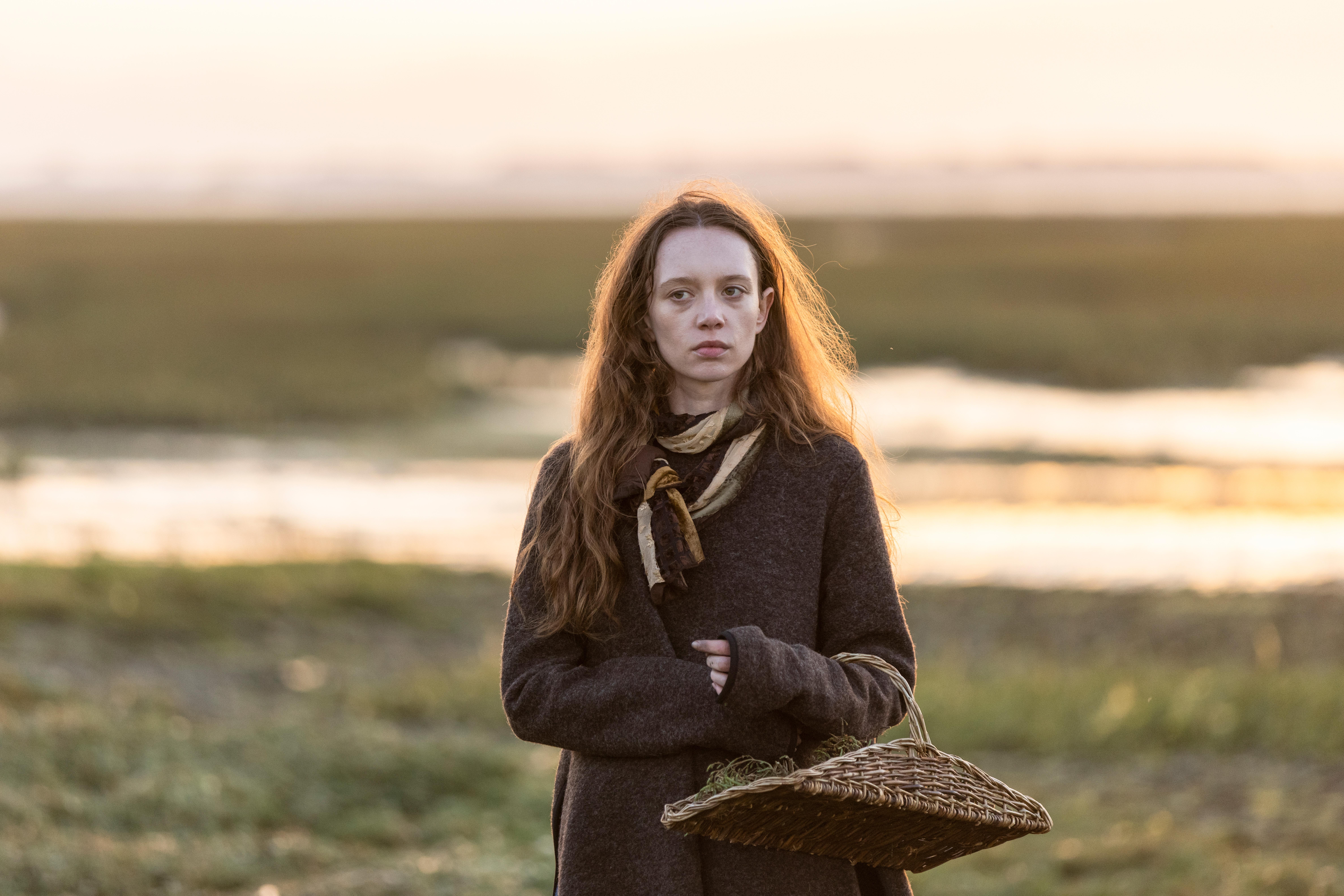Julian Schnabel’s latest Biopic At Eternity’s Gate explores Vincent van Gogh’s time in the southern French town of Arles and Auvers-sur-Oise: his mental illness and eventual death (not really a spoiler. Although the film is chocked full of heavy dialogue and artistic cinematic magic the whole journey is an incredibly slow experience. Almost, some would say, like watching paint dry (sorry but it was too easy).
Primarily focused on the turmoil and loneliness that typified van Gogh’s life this is not a happy ride. His poverty and delusions are captured quite well by the handheld style of filming. This adds an interesting element to the overall sense but might cause motion sickness for those afflicted by it. It is mainly the dialogue that pulls this film into an emotional sinkhole. Flowery, metaphor-laden but with a syrup-like consistency that is hard to digest. The question of “why do you paint” and its achingly pretentious reply runs through the film in unimaginative repetition beating the audience over the head with its rather obstinate call.
Performance-wise Willem Defoe’s infinitely watchable face is a joy to behold. Defoe has a talent to breathe intensity into almost any role and At Eternity’s Gate is no expectation with his voice like crumpled leaves he crafts van Gogh wonderfully. The film delves into the relationship between van Gogh and Paul Gauguin played by Oscar Isaac. Although Isaac inhabits the role adequately he doesn’t give a very memorable depiction of the famous painter. Considering the severance of the two artists (if you know what I mean) their long discussions on art are interesting but the emotional connection that prompts van Gogh’s later actions just isn’t created. Mads Michelsen playing a skeptical priest and asylum supervisor manages to hold the script in his sway. He provides humour and a complex dissection of art, madness, and religion in a real flash of characteristic acting brilliance. The interplay between Dafoe and Mikkelsen is a brighter point of the film.
Aesthetically this film is overflowing with colour, the use of a variety of lenses, an artistic blurring of shots, along with double exposures, audio, and visual echoing, it’s a lot! This attempt to get us into the headspace of the painter’s view on life is much more effective than the lumbering script. The film is beautiful and at points poignant as we watch a man battle his demons in an attempt to share his gift.
For art lovers this film will surely hit its mark, as it is busy deifying the artist and his struggle in the world. Do not take me for a complete cynic, van Gogh’s Genius was hard brought from an unfeeling world. Unfortunately this film’s depiction spins this out into an overworked affair where you lose most of your empathy halfway through. The never-ending question of “why” although admirable is repeated so often eventually we just stop caring what the answer is.



